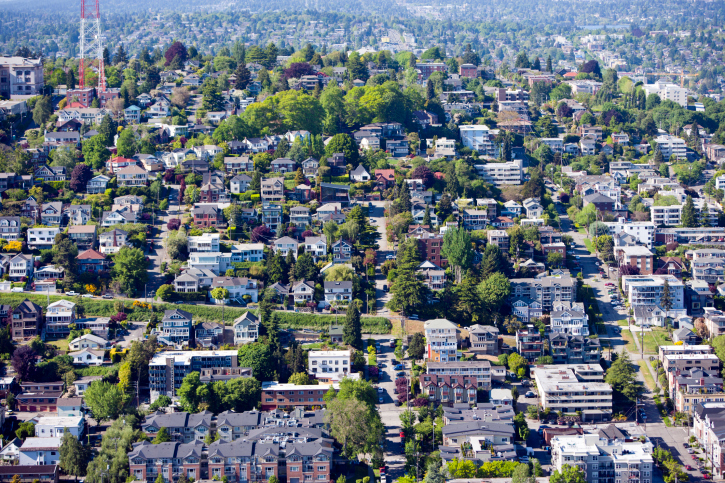Can You Give a Relative a Gift of Cash for a Mortgage Down Payment? Yes – Here’s How
 A new house is a major investment. Even if you have a mortgage, the bank and the seller will still expect a sizeable down payment. That’s why lots of people regularly gift down payments to friends and relatives – it’s a great way to help young people start out on the path of home ownership.
A new house is a major investment. Even if you have a mortgage, the bank and the seller will still expect a sizeable down payment. That’s why lots of people regularly gift down payments to friends and relatives – it’s a great way to help young people start out on the path of home ownership.
But what are the rules around gifting down payments? Can you simply give someone everything they need? Although it’s a generous thought, it’s not always possible – here’s what you need to know.
Make Sure You Write a Gift Letter
If you’re giving one of your relatives money for a down payment, you’ll need to accompany the money with a gift letter. A gift letter is a letter written to the mortgage company that clearly asserts the money is a gift, not a loan. There are several key components that mortgage companies need to see on a gift letter, so make sure you have everything they need.
You’ll need to include your name, address, and phone number, as well as your relationship to the homeowner and the amount of the gift. Your letter should list the date on which you gifted the money and clearly explain that you do not expect to be repaid. Finally, you’ll need to include the address of the property being purchased and then sign the letter.
Tell Your Relatives to Pay the Right Down Payment Amount
When your relatives give their down payment, they’ll want to ensure they pay the right amount from their own money to ensure they don’t run afoul of any mortgage laws. In a conventional mortgage agreement, the borrower can pay the entire down payment with a gift if their down payment is worth at least 20% of the purchase price. If the down payment is for less than 20%, then the borrower can use gift money, but must also put forward a certain minimum amount that varies by loan type. For mortgages insured by the Federal Housing Administration or the Department of Veteran Affairs, the rules are slightly different.
Giving the gift of a mortgage is a great way to help friends or family members become homeowners. But with mortgages, there are strict rules around gifts. Contact your trusted mortgage professional to learn more about giving the gift of a mortgage.

 If you’re planning to buy a home in the next few months, you’ll want to ensure you choose a great neighborhood to live in – not just because it can improve your quality of life, but also because it can help you get a mortgage. Neighborhood is a factor that lenders consider when you apply for a mortgage, which is why you’ll want to consider a neighborhood’s mortgage implications as well. Here’s what you need to know about how the neighborhood you buy into affects the kind of mortgage you can get.
If you’re planning to buy a home in the next few months, you’ll want to ensure you choose a great neighborhood to live in – not just because it can improve your quality of life, but also because it can help you get a mortgage. Neighborhood is a factor that lenders consider when you apply for a mortgage, which is why you’ll want to consider a neighborhood’s mortgage implications as well. Here’s what you need to know about how the neighborhood you buy into affects the kind of mortgage you can get. If you’re in the market for a new home, you’re probably trying to budget for all of the expenses that come with a home purchase. After all, the asking price isn’t necessarily the entire amount that you’ll pay – there are other expenses that will factor in to the final price. One such expense is your closing costs.
If you’re in the market for a new home, you’re probably trying to budget for all of the expenses that come with a home purchase. After all, the asking price isn’t necessarily the entire amount that you’ll pay – there are other expenses that will factor in to the final price. One such expense is your closing costs.